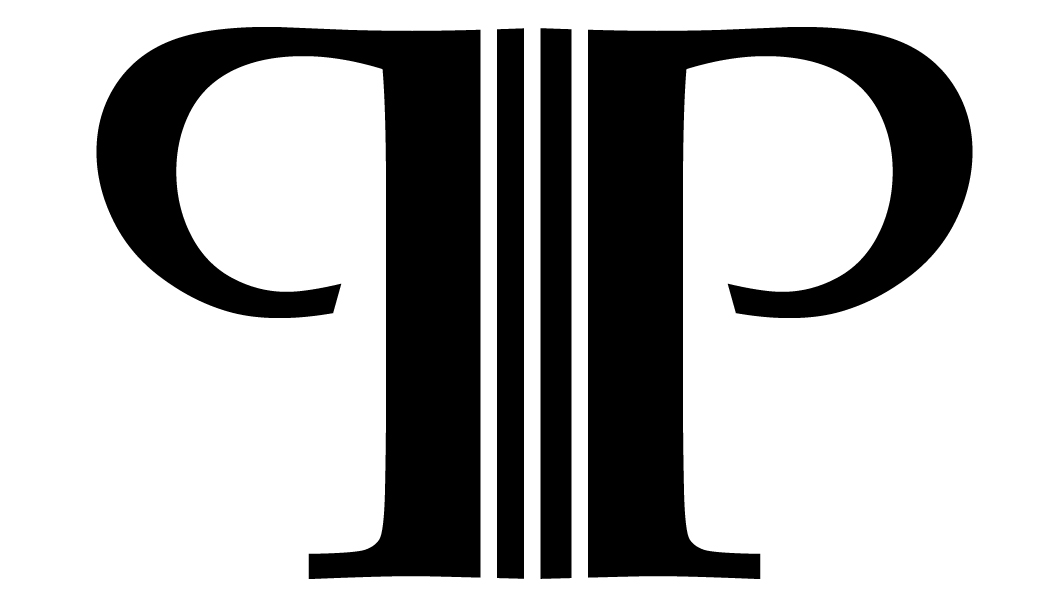This past April Paul and I were sitting on an old trolley winding our way up a hill in Lisbon, Portugal. As I sat in the cracked leather seat, basking in the sun, a light breeze coming through the open window, I realized that I wasn’t able to understand one word that was being spoken around me.
This past August I walked into rehearsals for two bands that I am a new member of. They both rely on an eclectic grouping of people: many of the musicians play without written music. In discussions I realized that, once again, I wasn’t able to understand much of the language spoken.
Previous to my joining the groups we were all open about this language barrier. We discussed the fact that I wasn’t an accomplished improviser: from the age of six I had only studied music written on a page. This was ok with them because they could not read printed musical notes- all of us clinging to the things we knew.
As we began to explore our new relationships I found myself watching them use their ears more effectively than I have been- keying into subtle signals to know where they are in a phrase. Relying on the fact that everyone has been told how many times they would repeat something...why use a Del Segno?
All of the music, even traditional pieces, are composed or arranged by someone in the group. When I became part of the gypsy/flamenco group I walked into the rehearsal cello on my shoulder, stand in hand and my translator/composer right behind me. It was an agreement that Paul would help bridge the gap between us. Fortunately Paul has also been an accomplished guitarist. In discussions, the guitarists would say that we would be returning to the A major section. I would have it marked as measure 45. It worked.
One day I opened an email from a member of one group and he had sent a recording for me to listen to and work from. In the email he had written the note to be played and three slash marks following it. As I sat there I realized that he wanted the note played four times in that particular measure. To him that was indicated with slashes, to me they were quarter notes. I smiled as I read the rest of the email. He said “Melissa, can you understand this? If so...I believe we are beginning to speak the same language.”
Pushing myself out of my box is important; being in places where I don’t know where I’m headed, having to ask directions with my special kind of mime work, getting lost but then figuring it out, even deciphering coded musical emails.
Whether in another country or in a new genre, it’s good for me to remember that there are many ways to speak the same language.
Melissa Perley
